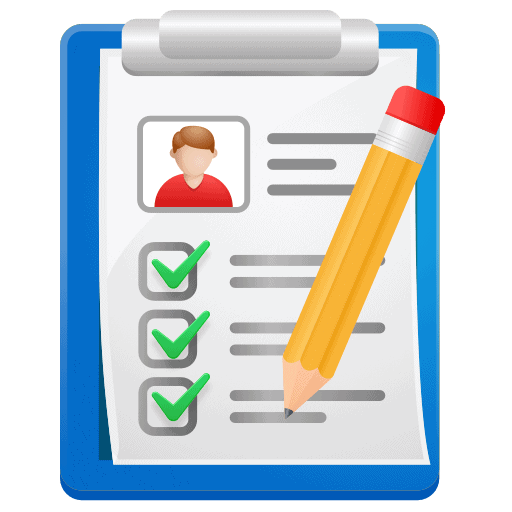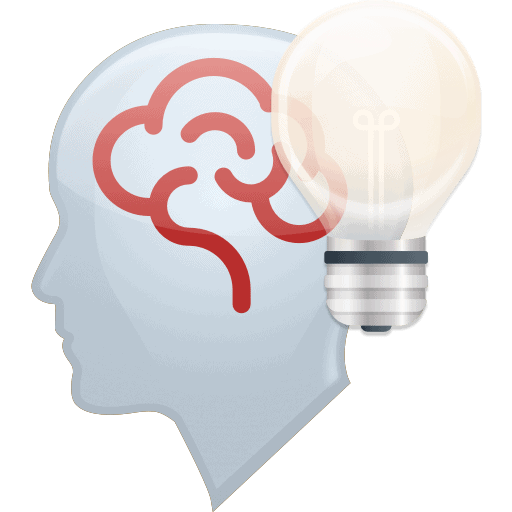Written by Sarah Hanna, Atlas Team
The New Jersey Department of Education updated their Social Studies standards in 2020, with implementation requirements coming for the fall 2022 school year. Understanding the key changes is of growing importance for teachers and administrators. Let us take a closer look at the Social Studies Standards (NJSLS-SS 2020), the key changes and classroom impacts.
Key Focus
NJSLS-SS 2020 has a greater focus on depth over breadth, with a strong emphasis on developing learners who are “civic-minded, globally aware, and socially responsible.” The Mission & Vision sections provide a vivid description of what NJ Social Studies aspire to foster and provide for student learners. The NJ DOE has encouraged teachers that the content does not need to be linear. The central goal is to create interdisciplinary units that are evidence-based and action and solution oriented.
The document is composed of three overarching standards:
- 6.1 U.S. History: America in the World
- 6.2 World History/Global Studies
- 6.3 Active Citizenship in the 21st Century.
It’s important to note that while the term “standard” is being used above, teachers may find it helpful to consider them as “strands.”
Structure
In addition to the Mission & Vision sections, four key pieces encompass the structure of the new standards:

Performance Expectations - Statements that address what students should know and be able to do.

Core ideas - Statements listed at the beginning of the document and also paired with the Performance Expectations. They address “prioritizing the important ideas and core processes” (NJSLS Social Studies, 2020). They also prompt teachers to consider what students should know at the end of the unit and what concepts have “value beyond the classroom”.

Disciplinary Concepts (DC) - Categories of content that support clear organization within the Performance Expectations, see the list below. There are 18 smaller, more specific DC’s that fit within the broader categories mentioned below.
- Civics, Government and Human Rights (Civics)
- Geography, People and the Environment (Geo)
- Economics,and Innovation and Technology (Econ)
- History, Culture and Perspectives (History)

Practices - Habits of mind or “Apex of Learning” (NJSLS Social Studies, 2020); seven broad categories of social study skills that should be developed over the course of K-12th grade.
Climate Change in the Social Studies Classroom
One of the resources New Jersey DOE made to assist teachers in addressing the topic of climate change in the curriculum is through their new climate change website, full of educational tools and individual lesson plans. Climate change will be addressed across all seven subject areas, with a goal of having an interdisciplinary approach to teaching the concepts. To best support educators as they develop curriculum, the climate change site breaks the standards down by grade bands and then by content area. Within the Social Studies standards, the focus is on how human interactions and their environment have caused changes. Since social studies analyzes and addresses social problems students will explore questions like: how can we as social scientists address and solve those problems?

As teachers review and revise their units in Atlas, now will be a great opportunity to take a closer look at the Social Studies standards related to climate change and look for ways to integrate these important topics and challenge students to explore critical questions.
Social & Emotional Learning (SEL)
As the emphasis on SEL has increased nationally, many of the standards across states have followed suit and are building in opportunities for integration with content standards. New Jersey Social Studies is no exception. Many of the Performance Expectations deliberately call for collaboration, deliberation, reflection, and questioning- key attributes within Social Emotional Learning.These also emphasize higher order thinking skills and support students in building those critical SEL skills.
Two New Mandates:
The NJSLS-Social Studies now have two new statewide mandates which are: Contribution and History of Individuals with Disabilities and LGBTQ; and the Diversity & Inclusion. Both mandates are found in the standards for middle school and high school. In Social Studies, the purpose will be to examine different populations and citing different historical events that maybe have not received classroom attention, and to reexamine what is taught, with an effort towards inclusivity. The State has shared that they plan to release resources to support the process, as the changes will take thought and planning.
Other Notable Changes:
New Grade bands! The previous grade bands were Preschool, K-4, 5-8, and 9-12.
Now preschool has been absorbed into the end of grade 2, followed by the end of grade 5, end of grade 8, and end of grade 12. It is up to the discretion of the local districts to determine what standards in a grade band will be taught within a specific grade. There are many options and we encourage teachers to be active in the conversation to determine the best approach based on your district’s needs.
In Atlas, Schools and Districts can choose to designate which standards are taught at what grade levels through standards identification. Reach out and we can work to share some examples.
Shifts in Content!
- Early Explorers and Early America was moved to Grades 3-5.
- Eras only exist in Grades 3-5, 6-8, and 12.
- The Performance Expectations (PE) are meant to fit into the era and are relevant to specific eras. If the PE is taught outside the context of the era in which it’s assigned, it could be misinterpreted. For example, PE reads: “6.1.12.EconNM.11.a: Analyze how scientific advancements, including advancements in agricultural technology, impacted the national and global economies and daily life.” This Performance Expectation is written for Era 11. The Great Depression and World War II. The answer would have been different, had the question been posed regarding the Industrial Revolution, for example.
- There is no specific course flow for New Jersey. The decision of when each era is taught can be made at the local level.
We hope this review of the NJSLS Social Studies changes will provide useful insight as you revise and review your curriculum in 2022. New Jersey’s updates to their standards have been thoughtfully and carefully considered, and they stretch students, teachers and administrators to consider ways to actively engage with our changing world. With change comes challenges, but teachers are supported and hopefully feel empowered by the nuance, depth and flexibility within these latest updates.
Explore our NJ PD offerings and let us know how we can support you with implementing the 2020 NJSLS!
The Author
 An ardent believer in the value of lifelong learning, growth, and knowledge share, Sarah has collaborated with Atlas schools for over ten years, providing support and expertise on their standards alignment and analysis process, advising on best practices, and supporting schools through workshops, writing, and education research. Sarah enjoys speaking with teachers and administrators directly, to build understanding about their schools curriculum process and learning target needs.
An ardent believer in the value of lifelong learning, growth, and knowledge share, Sarah has collaborated with Atlas schools for over ten years, providing support and expertise on their standards alignment and analysis process, advising on best practices, and supporting schools through workshops, writing, and education research. Sarah enjoys speaking with teachers and administrators directly, to build understanding about their schools curriculum process and learning target needs.
She also conducts copyright research and works with national and international education organizations to gain permission for, and understanding about, the sets of standards third party organizations such as NCCAS, WIDA, C3, and State Departments of Education can provide to best support schools who are mapping with Atlas. Sarah earned her Bachelor’s degree in Speech Communication and her Master’s in Interdisciplinary Studies (MAIS), both from Oregon State University. Her MAIS focused within the Speech Communication and MBA programs.
She has eight years of experience teaching Communication courses in higher education. Sarah has also taught persuasion and public speaking to grade school students, and has been an Art Literacy teacher in her local elementary school the last seven years. A fan of the oral and written traditions of story telling, Sarah believes there is great value in continually building and honing one’s listening and speaking skills.

